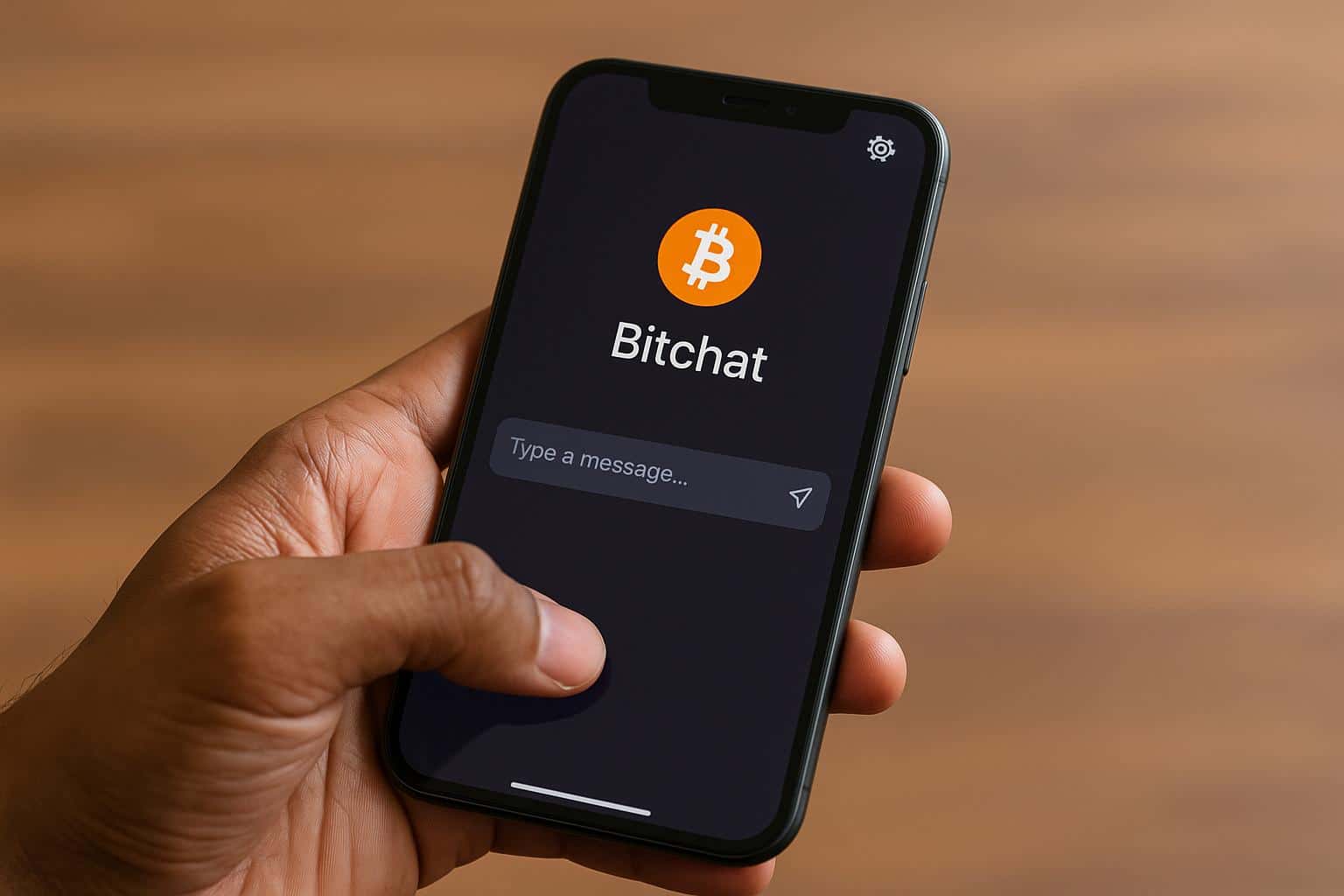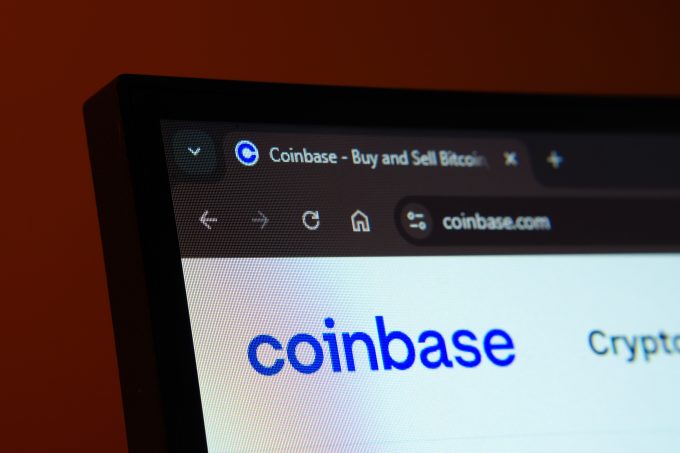Digital Connectivity in the Eye of the Storm
As Hurricane Melissa battered Jamaica this week, disrupting power grids and traditional communications, one unexpected platform surged in popularity: Bitchat, a blockchain-based messaging and microtransaction app, climbed to No. 2 on the national app charts, just behind WhatsApp. The sudden rise underscores how decentralized networks are increasingly stepping in when conventional systems fail—revealing crypto’s potential beyond speculation and trading.
According to AppRadar data, Bitchat downloads in Jamaica surged over 340% within 48 hours, coinciding with widespread network outages and mobile payment interruptions. The app’s peer-to-peer (P2P) design, powered by the Bitcoin Lightning Network, allowed users to exchange messages and small-value payments even under limited connectivity.
Crypto Infrastructure as Emergency Infrastructure
The storm has revived debate over whether decentralized applications can serve as critical infrastructure during crises. While most blockchain discussions center on investment returns or token prices, Bitchat’s moment highlights a more practical utility: resilience.
Local reports suggest that residents used the app to send digital tips to delivery workers, share storm updates, and even transfer emergency funds to relatives when banks and traditional payment apps went offline.
Financial analyst Kareem Holness told Investcoin that, “Bitchat’s surge is a wake-up call for how crypto technology can complement disaster response. When systems are down, decentralization isn’t just a buzzword—it’s a necessity.”
Market Response and Broader Implications
On the market side, Bitcoin (BTC) hovered around $113,800, down 1.4% in post-Fed trading, while Lightning Network activity spiked 8%, according to Glassnode data. Though the price impact was minor, the narrative shift was significant: traders and developers alike are viewing decentralized social apps as a fast-growing vertical.
Blockchain startups in Latin America and the Caribbean have been expanding into real-world use cases—from remittance apps to local energy trading platforms. Analysts note that Bitchat’s success in Jamaica could spur similar adoption across regions vulnerable to natural disasters or underbanked populations.
Still, the event also raises regulatory questions. Jamaica’s central bank, which launched its own digital currency (Jam-Dex) in 2022, may see the app’s rise as both an innovation opportunity and a compliance challenge. The integration of micro-payments tied to Bitcoin could complicate monetary policy and anti-money-laundering frameworks.
Investor Sentiment and Strategic Outlook
Investors watching the crypto communication space see this as a validation of hybrid utility—combining messaging, finance, and decentralization. However, market sentiment remains cautious. The Bitchat token (BCHAT) rose 6.7% intraday but remains volatile, reflecting uncertainty about long-term user retention once the crisis subsides.
Strategically, the surge reinforces a core behavioral insight: in times of uncertainty, users gravitate toward tools that provide autonomy. The crypto community has long touted this as the foundational appeal of blockchain—and in Jamaica’s case, that promise met reality under pressure.
Forward-Looking Perspective
As Hurricane Melissa subsides, Bitchat’s sudden prominence may fade, but its symbolic impact will not. It demonstrated that blockchain isn’t only about trading charts—it can keep people connected when everything else fails. For investors, developers, and policymakers, Jamaica’s experience may mark an early preview of how decentralized finance and communication will converge in the next phase of digital resilience.
Comparison, examination, and analysis between investment houses
Leave your details, and an expert from our team will get back to you as soon as possible













Leave a comment